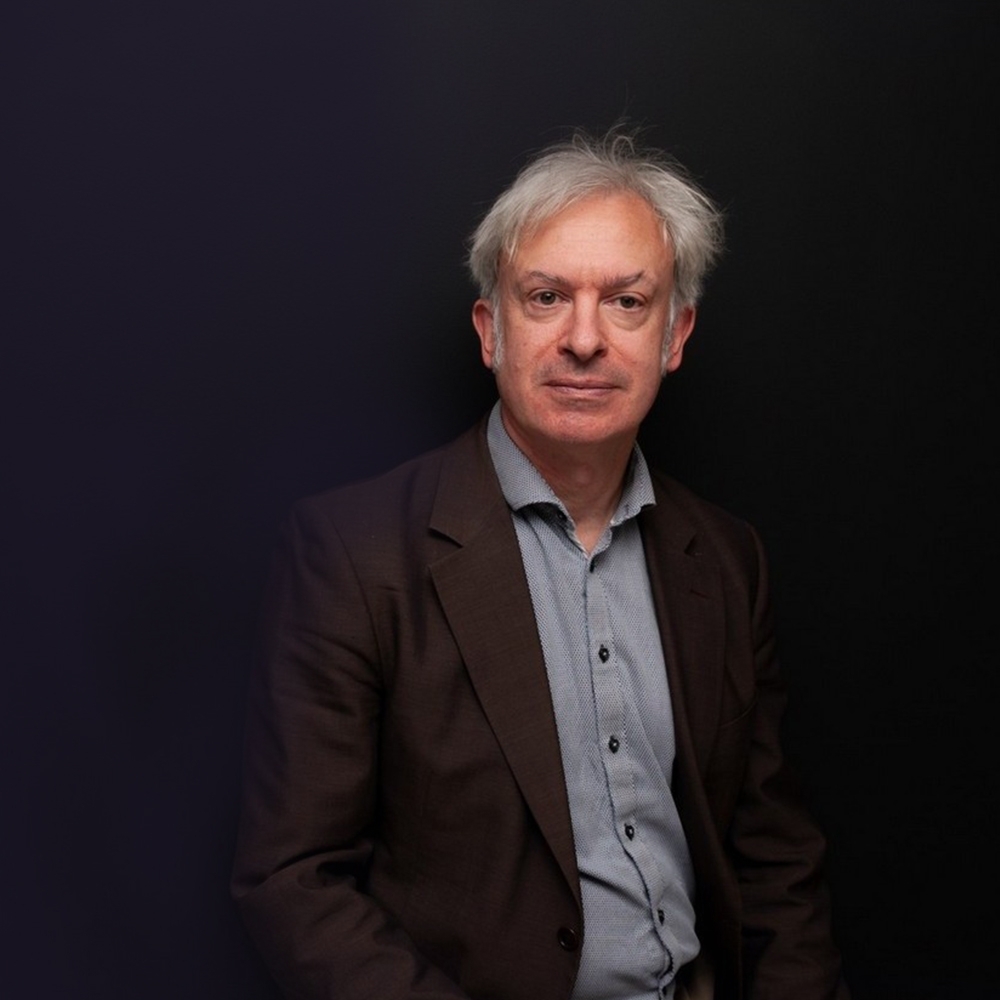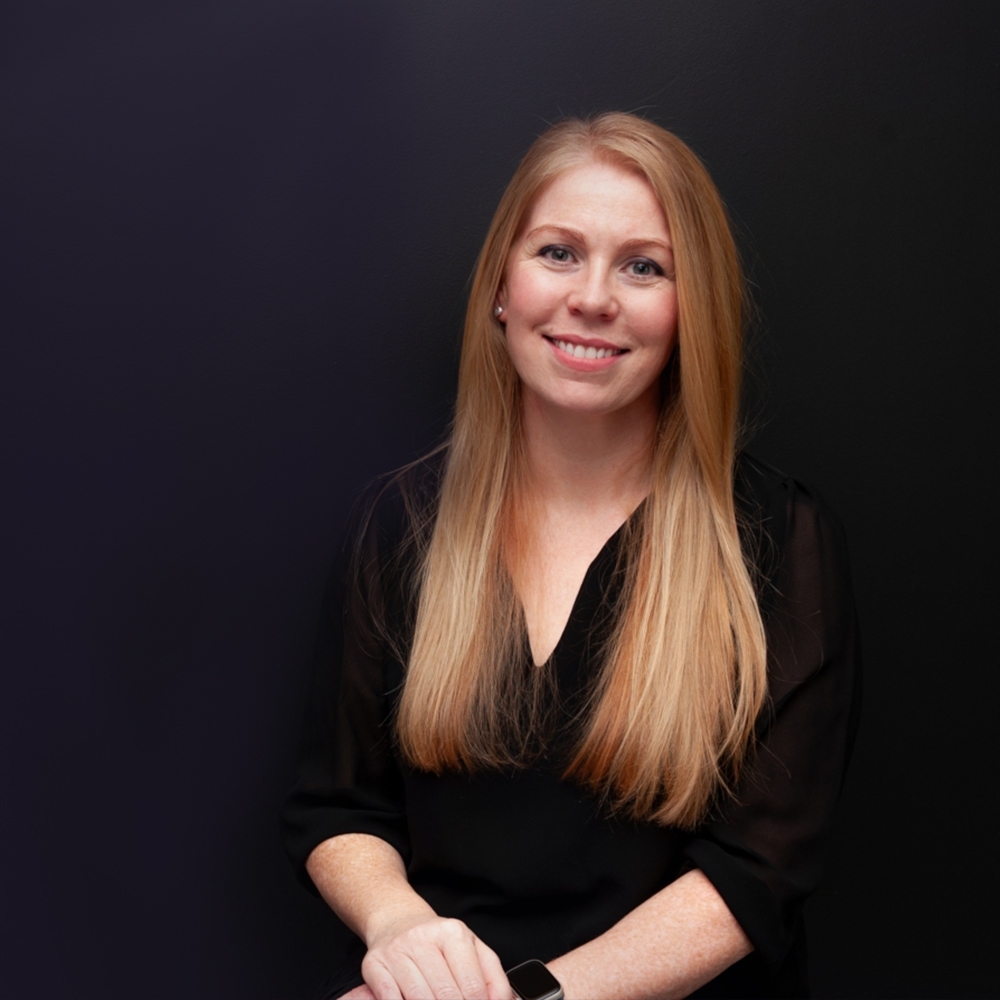23.06.2025
At Keltie, we’re proud to champion the contributions of women in engineering and innovation. As part of our celebration of International Women in Engineering Day (#INWED) on 23 June, we’re spotlighting Molly Yau. Molly joined Keltie in 2024 as a trainee patent attorney after completing her Master’s in Biomedical Engineering.
Thank you
INWED, which celebrates its 12th year in 2025, gives women engineers a vital platform at a time when they remain underrepresented. Figures from 2021 show that only 16.5% of UK engineers are women. This year’s theme, #TogetherWeEngineer, highlights the power of collaboration and representation across the engineering community.
In this insightful Q&A, Molly shares her path into the IP profession, how her engineering background shapes her experience, and her reflections on what #INWED means to her.
One of the key factors that drew me to Keltie was the diversity of clients and technology areas as well as the opportunity to work under the supervision of lots of qualified attorneys with a breadth of different expertise and skills. The people at Keltie were another factor. During my interview process, everyone made me feel so welcome and I could really see myself being a part of the team. I was also particularly encouraged by the diversity of people at all levels, which spoke volumes about its inclusive culture. Beyond the ‘nine-to-five’ role, Keltie also offers various initiatives and opportunities to get involved with, making it a place where I could develop both my professional and personal skills.
The journey since joining has been a steep learning curve, but I’ve thoroughly enjoyed the process of learning the law and, combining this with interesting new technology areas. I now look forward to commencing the next stage of my career as I embark on the journey to qualifying as a patent attorney.
My background fused a large breadth of disciplines together, covering a wide range of engineering, mathematics, and biology-based subjects. Since joining the IP profession, I’ve worked in a diverse field of technology areas, some of which are completely new to me. My background has allowed me to apply the fundamental engineering principles which I learnt throughout my time at university to these new technology areas.
A typical day usually involves preparing office actions, liaising with foreign agents, and discussing my cases with the various supervising attorneys. I’ve also recently started drafting patent applications which has been a challenging yet rewarding process. I am excited to take on more challenging aspects of the profession as I progress through my career.
What excites you most about working at the intersection of engineering and intellectual property? Do you feel your technical background gives you a unique perspective?
This is a really exciting time to be in the IP profession. With technology constantly evolving and advancing at rapid rates, this creates new challenges and opportunities. There is going to be even more opportunity for cross-collaboration between the disciplines. Because of this, I hope that I can add valuable insight from my experience, knowledge, and skills coming from both a biological and engineering background. I hope that this interdisciplinary perspective will position me well to navigate complex technological issues.
INWED, to me, is a day to celebrate, represent, and empower women in the field. This is a hugely important day as it marks not only how far we’ve come, but also highlights the work that can still be done. Reflecting on my own journey, I was one of two girls in my physics class during secondary school, and I’ve sat in many university lectures that were predominately filled with men. It is clear to me that there is still so much that can be done to encourage the next generation of women into engineering and STEM fields. INWED serves as a reminder of the importance of visibility, representation and encouragement.
I believe many companies have increased awareness and accountability for creating a diverse and inclusive environment. It’s encouraging to see organisations run specific initiatives for this and consider this when recruiting people into the company. Across the industry, there also seems to be increased emphasis for ensuring that senior positions are filled with a diverse team of people, helping to build representation in workplaces.
I would say to any young woman thinking of pursuing a career in engineering to speak up and voice your ideas. It can often be challenging to speak up in large groups, let alone if these groups are only or primarily filled with men. You offer a unique and valuable perspective that should be heard. Challenge yourself; engineering and STEM subjects can cover difficult concepts, and because of the evolving nature of the career, it’s important to continually learn, which will help build your confidence in your career.
When I attended my offer holder day at university with my mum, the room was filled almost entirely with boys and their dads. At the time, I remember really questioning if this was an environment I could see myself studying and working in. However, when I started my studies, I ended up finding a community of like-minded girls who became my biggest support and friendships throughout my time at university. Don’t be discouraged by what you see – or don’t see – around you. You belong in these spaces, and your presence helps encourage other woman to feel they belong too.
I think it's still very easy to associate engineering with building bridges or coding all day. However, since studying in an engineering field and now working in a profession that I didn’t even know existed until my final year of university, I’ve come to realise that just how broad and diverse the opportunities are. It would have been hugely beneficial to learn earlier about the large prospect of careers, professions, and academia that engineering can lead to.
Joan Clarke was a British cryptanalyst and mathematician who played a crucial role during World War II. Clarke worked with Alan Turing at Bletchley Park and was the only female involved with Banburismus (the cryptanalytical process developed by Alan Turing). This played a crucial role in deciphering German encrypted messages during the war. Despite her exceptional abilities, Clarke was initially placed in an all-women group, which mainly involved routine clerical work, reflecting the gender biases at the time. As a teenager, watching The Imitation Game (2014), a film portrayal of this work, I was inspired by Clarke’s determination and her ability of breaking barriers in a male-dominated field.
Cultural shifts are gradually reshaping the engineering space, a field which has often been perceived as male-dominated. It would be great to see more representation of the work that women are contributing and succeeding in the profession. In doing so, assists in challenging those outdated perceptions of the engineering industry and inspire future generations of women.
I will use the day to reflect on what I could personally do to support women in engineering and those thinking of joining the profession.
To find out more about working with Keltie, contact your nearest office: https://www.keltie.com/offices

08.07.2025
Q&A with Richard Lawrence: Real-world IP for a fast-moving worldThe IAM Patent 1000 is a respected global guide to leading patent professionals and firms. With over two decades of experience at the forefront of intellectual property law, Richard Lawrence brings both technical depth and commercial clarity to the complex worlds of cryptography, telecoms, AI, and quantum computing.

27.08.2025
Leading the way in life sciences IP: Q&A with Laura KehoeKeltie is rated as ‘Outstanding’ in the 2025 WIPR UK Patents Rankings. This ranking recognises the top firms in UK patent law for their expertise, reputation and client service. This is a powerful endorsement of Keltie’s expertise in supporting innovation across a wide range of sectors, including life sciences, chemistry, software and engineering. Keltie’s team has long been known for its collaborative, commercially grounded approach to IP, and this ranking is a reflection of that continued success.
Thank you